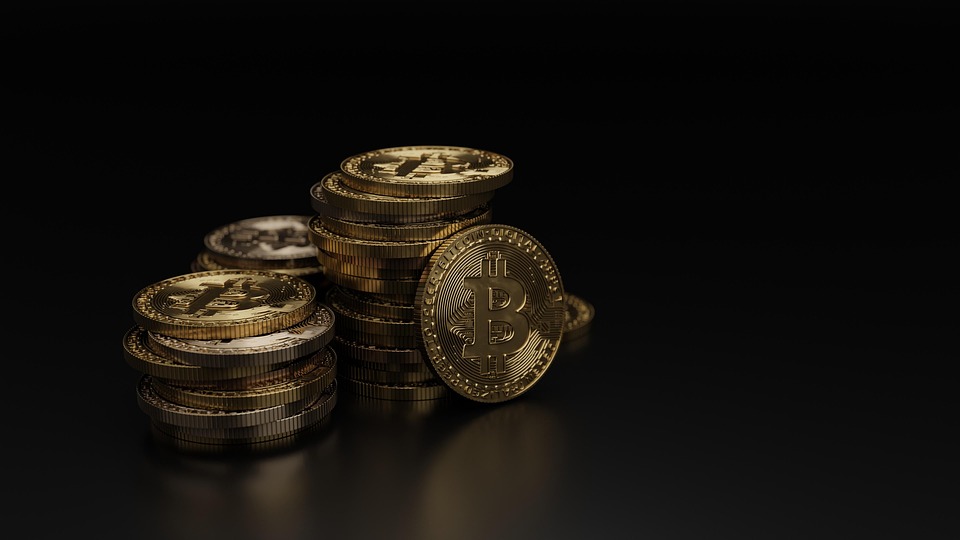Wallet Recovery: What to Do If You Lose Access to Your Crypto
In the world of cryptocurrency, losing access to your wallet can be a daunting experience. With the increasing popularity of digital currencies, more individuals are investing their money into cryptocurrencies. However, the decentralized nature of these assets makes wallet recovery a significant concern. If you find yourself in a situation where you can no longer access your crypto wallet, it’s essential to act quickly and methodically. This article outlines the steps you can take to recover your wallet.
Understanding Your Wallet
Before diving into recovery methods, it’s crucial to understand the types of wallets available. Cryptocurrency wallets can be classified into three main categories: hardware wallets, software wallets, and paper wallets. Each type has its unique recovery methods and security features.
Hardware wallets are physical devices that store your private keys offline, providing enhanced security. Software wallets, on the other hand, are applications or platforms that you can access via a computer or smartphone. Paper wallets are simply printed documents containing your public and private keys. Knowing what type of wallet you are using will help you determine the best recovery method.
Common Reasons for Losing Access
There are several reasons you might lose access to your crypto wallet:
1. **Forgotten Password**: If you use a software wallet that requires a password, forgetting this password can lock you out of your wallet.
2. **Lost or Damaged Hardware**: Hardware wallets can be lost, stolen, or damaged, rendering them inaccessible.
3. **Lost Seed Phrase**: Most wallets provide a seed phrase during setup, which is crucial for recovery. Losing this phrase can make recovery nearly impossible.
4. **Software Issues**: Bugs, updates, or compatibility issues with your wallet software can also lead to access problems.
Steps to Recover Your Wallet
If you find yourself unable to access your wallet, follow these steps to attempt recovery:
1. Check for Backup Options
Most wallets encourage users to create backups. Check if you have any backups of your wallet file or application data. When using a software wallet, locate the backup functionality within the app settings. If you have a hardware wallet, ensure you have the backup recovery phrase saved securely.
2. Use the Seed Phrase
If you have access to your seed phrase, proceed to restore your wallet using it. This phrase typically consists of 12 to 24 words and is the key to recovering your funds. Follow the wallet’s instructions for restoring access, which usually involve entering the seed phrase into the wallet application.
3. Contact Customer Support
If the above methods do not work, reach out to the customer support team of your wallet provider. They may have additional recovery options or advice based on their system. Be prepared to provide information that verifies your ownership of the wallet.
4. Explore Recovery Services
There are specialized recovery services that can assist you in retrieving access to your wallet. However, exercise caution when using these services, as not all are reputable. Research thoroughly and read reviews before committing to any service.
5. Stay Calm and Avoid Panic
Losing access to your wallet can induce panic, but it’s essential to stay calm. Rushing into decisions can lead to mistakes that further complicate recovery. Take a step back, gather your thoughts, and methodically go through the recovery steps.
Prevention is Key
Once you regain access to your wallet, take proactive measures to prevent future losses. Here are a few tips:
– **Secure Your Seed Phrase**: Store your seed phrase in a safe place, both physically and digitally. Consider using a safety deposit box or a secure password manager.
– **Regular Backups**: Make regular backups of your wallet, especially after significant transactions.
– **Use Two-Factor Authentication (2FA)**: Whenever possible, enable 2FA for an added layer of security.
– **Stay Informed**: Keep up with updates and best practices within the cryptocurrency community.
Conclusion
Losing access to your cryptocurrency wallet can be a frustrating experience, but recovery is often possible with the right steps and precautions. By understanding your wallet type, utilizing backup options, and remaining calm, you can navigate the recovery process effectively. Remember, prevention is always better than cure, so take the necessary steps to secure your assets and safeguard your access to the world of cryptocurrency.



